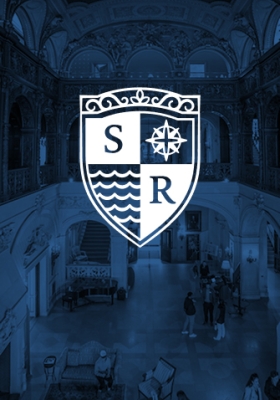
Dean of Students
The Dean of Students Office supports and empowers undergraduates as they develop fully, realize their potential and achieve their personal goals. We provide experiences that challenge students to grow holistically, preparing them to contribute to the University community and beyond.
We assist students in resolving educational, personal and other concerns that affect the quality of their academic and community life. When contacting our office, students can expect to have an answer to their question, a solution to their problem or an effective referral to the office or professional who can help.
We educate the University community on student needs, trends and issues, and we are committed to recognizing and celebrating the achievements and contributions of our students.
We oversee the following programs:
- CARE team
- Counseling Services
- Health Services
- Leadership Scholars Program
- Leaves of absence (including medical)
- Off-campus living
- Parent and family resources and education
- Residence Life
- Sexual assault awareness and bystander programs
- Student advocacy
- Student conduct
- Student Engagement
- Title IX
- Wellness and prevention programs
Meet Our Team

Dr. Tracey Cameron
- Associate vice president and dean of students

Jonathan Cook
- Assistant dean of students
- Title IX coordinator

Sherman Cowan
- Associate dean of students

Elizabeth Dunsmore
- Program manager for student leadership development

Tracy Hauver
- Mental health coordinator

Pam Heroux
- Director of recreation

Ann Motta
- Office coordinator

Angela Watson
- Case manager
